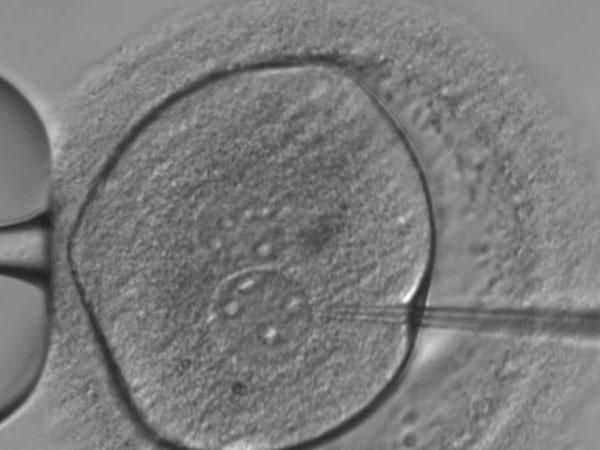Chinese gene-edited babies could have unintended consequences, scientists warn

The first gene-edited babies, born this year, could have unintended changes to their genome that those who carried out the pioneering procedure don't even know about, scientists have warned.
Last year, a Chinese scientist claimed to have created the world's first gene-edited babies. The twin girls, known as Lula and Nana, were the first babies ever to survive the Crispr gene-editing procedure.
The controversial Chinese biophysicist behind the research, He Jiankui, claimed that the birth of the children was a success and they had been left naturally resistant to HIV.
Now the unpublished paper that described that work appears to have leaked into the world. The MIT Technology Review says it has been sent the paper, titled 'Birth of Twins After Genome Editing for HIV Resistance'.
It means that scientists have been able to check the work and comment on it in public. And they warn that there are a variety of dangers and concerns that have arisen out of the paper.
They include the fact that the edits made to the genes could have had unintended consequences elsewhere in the genome.
The researchers claim that they checked through the genome for other mutations that were "off-target", or were not where the team had been aiming. They say they found only one.
But scientists pointed out to MIT Technology Review that the search is inevitably incomplete. By definition, if a cells was taken out from the embryos for testing, it didn't go on to contribute towards the babies' bodies – so there may have been off-target changes that were unintended and undetected.
The researchers also point out a series of other strange details about the leaked paper.
They include the fact that the doctors are not named as authors; that there are other missing or confusing details such as the date that study happened; and the apparent failure to fully deal with the ethical questions. They also suggest that the parents and doctors may not have been fully aware of their involvement in the study, or may have been encouraged to take part for the wrong reasons.
Join our commenting forum
Join thought-provoking conversations, follow other Independent readers and see their replies
Comments
Bookmark popover
Removed from bookmarks